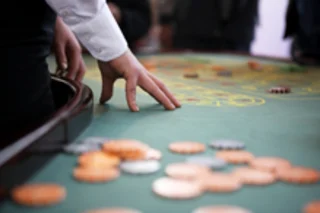DISCOVER's own Eliza Strickland had a report last week in Salon about a class action brewing in Canada, in which 119,000 gambling addicts are gearing up to sue Loto-Quebec, the manager of the province's gambling operations. The plaintiffs, a group of gambling addicts, are claiming that slot machines "dragged [them] into addiction," and are claiming nearly $700 million in damages. Meanwhile, Loto-Quebec's defense attorneys are scrambling for neuroscientific research to prove that people who develop a gambling addiction are genetically and biologically predisposed to do so. The funding for the defense's research comes from the National Center for Responsible Gaming (NCRG), a nonprofit associated with Harvard University—a link that has raised eyebrows in the past. As Strickland points out, the NCRG is part of the American Gaming Association, a massive casino trade group that has committed funds to the center to the tune of $22 million. Major donors to the ...
Brain Research for Sale? Gaming Industry Looks to Science to Beat Class Action
A gambling addiction lawsuit against Loto-Quebec may shift accountability in gambling, exploring genetic factors in addiction claims.
More on Discover
Stay Curious
SubscribeTo The Magazine
Save up to 40% off the cover price when you subscribe to Discover magazine.
Subscribe













